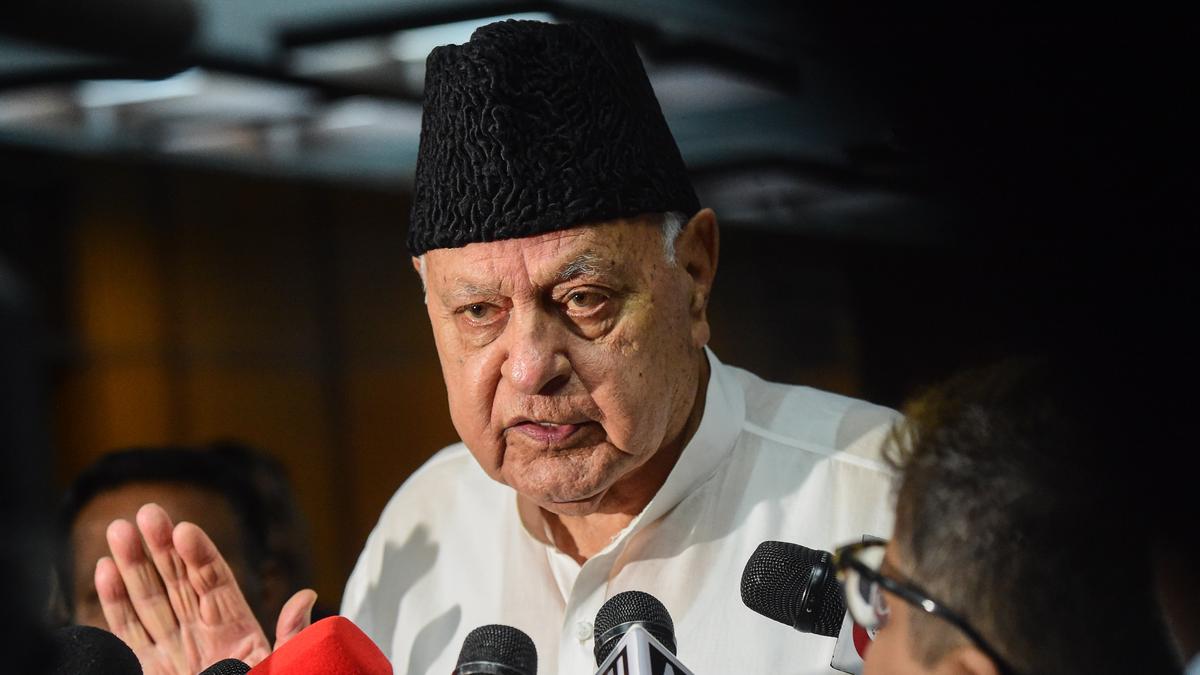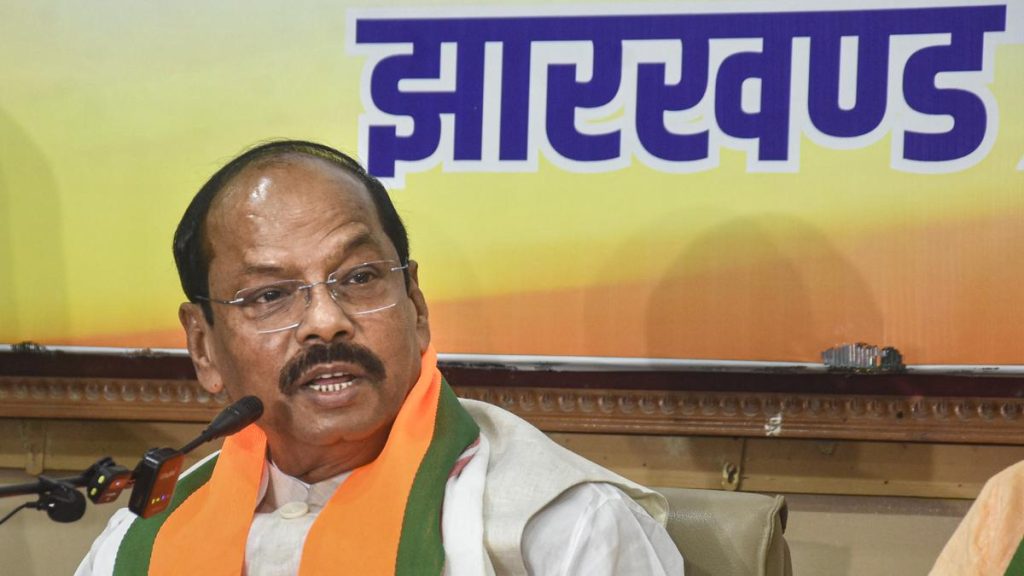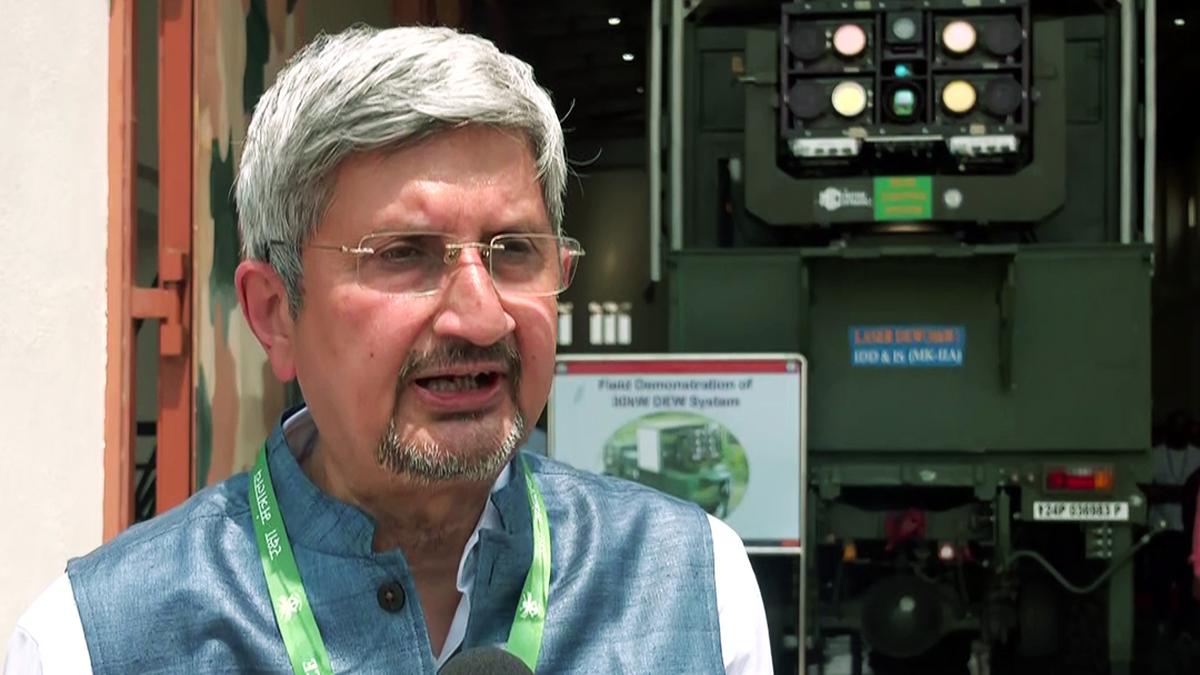Now Reading: NC, PDP Criticize Detention of Locals After Hazratbal Incident
-
01
NC, PDP Criticize Detention of Locals After Hazratbal Incident
NC, PDP Criticize Detention of Locals After Hazratbal Incident

Quick Summary
- Incident: On september 5, 2025, worshippers at the hazratbal shrine in Jammu & Kashmir vandalized a plaque featuring the National Emblem, installed as part of renovation efforts by the J&K Waqf board.
- Detentions: Reports indicate over 26 individuals were detained by police in connection to the incident. The police have neither confirmed nor denied these detentions.
- Political Reactions:
– National Conference (NC) MP Aga syed Ruhullah condemned the detentions and criticized authorities for failing to address instigating factors while focusing on punitive measures.
– NC President Farooq Abdullah asserted that placing the emblem at a religious site was inappropriate and questioned its necessity.
– Peoples Democratic party (PDP) leader Iltija Mufti called out perceived insensitivity behind waqf board actions and expressed shock at FIRs being filed without accountability toward those responsible for provoking religious sentiments.
– Senior BJP leaders defended J&K Waqf Board Chairperson Darakhshan Andrabi and highlighted her work on renovating Hazratbal.Union Minister Kiren Rijiju praised modernization paired with customary design principles while condemning vandalism of India’s symbols of sovereignty.
– BJP Leader Sunil Sharma labeled the act as an affront to national unity and demanded clarification from local representatives about their role in condoning or encouraging such actions.
- Shrine Background: The Hazratbal shrine is Kashmir’s most revered religious site, housing a holy relic of Prophet Muhammad.
Indian Opinion Analysis
The incident at Hazratbal highlights complex intersections between religion, governance, nationalism, and public sentiments. While protecting India’s sovereign symbols like the National Emblem is crucial for national integrity, using such symbols in sensitive religious spaces must be approached thoughtfully. Both local criticism from regional parties like NC and PDP and support from BJP leaders underline differing perspectives on how best to integrate modern governance practices with cultural heritage.
The reported detentions raise concerns about balancing law enforcement with sensitivity toward public grievances. Institutional decisions might need closer scrutiny when potentially perceived as encroaching upon deeply rooted traditions or sentiments – not only for effective governance but also to maintain societal harmony within diverse communities like Kashmir’s.
This situation also underscores ongoing political friction between regional players advocating local autonomy versus central policies aligning regional development under national frameworks. Addressing these layered conflicts constructively may shape future policy approaches toward managing disputes over shared cultural spaces.

























